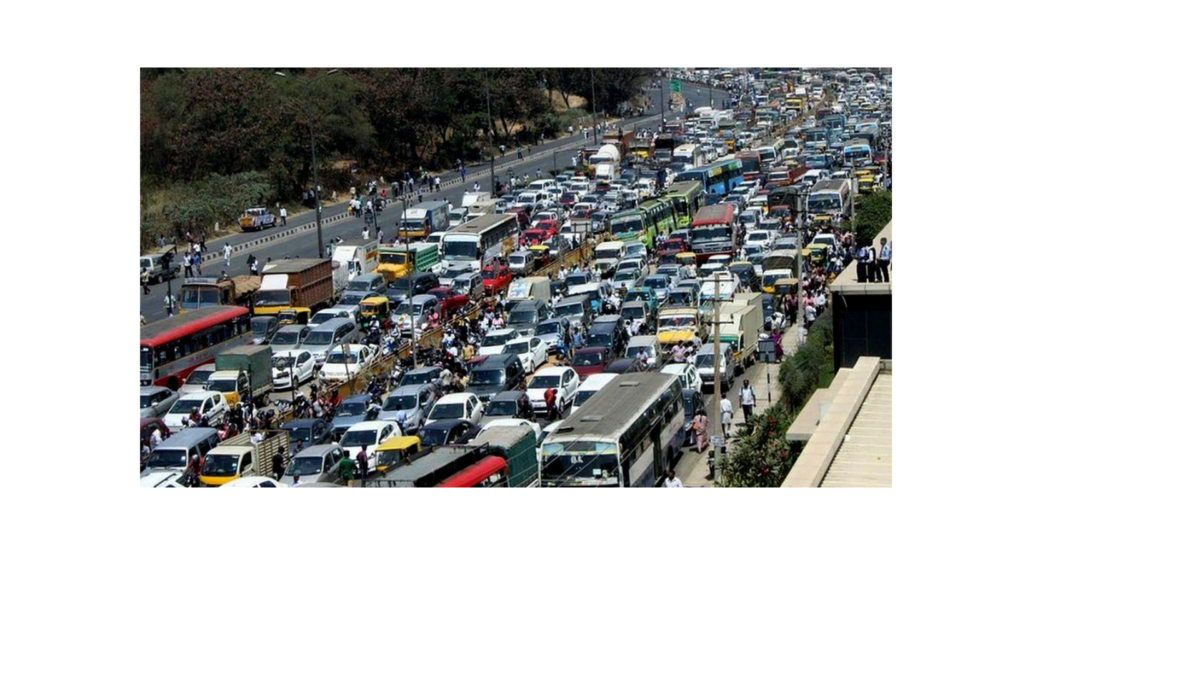On 30 September, Saturday, the Karnataka government made the decision to ban carpooling in Bengaluru and urged customers not to take rides from any car-pooling apps. The decision is said to be taken after receiving many complaints from the taxi driver associations.
The transport department of Karnataka has termed the usage of such vehicles for commercial purposes as ‘illegal’. They also said that a fine ranging from five thousand rupees to ten thousand rupees can be levied on anyone found operating the carpooling services. Some such car-pool services include BlaBla Car, Quickride, Rideshare, etc. This is due to a number of factors which is further discussed.
Background of Carpool in Bengaluru
Carpooling, a sustainable and eco-friendly mode of transportation has widely been accepted as the solution to a better environment and the answer to the city’s high traffic congestion and pollution woes. It is considered as one of the factors to reduce the number of vehicles on the roads of the IT sector of India, during peak hours. It was very important for this booming IT sector.
It has many benefits and thus was an easy and popular mode of transport. It can significantly reduce the number of vehicles on the road, leading to a decrease in air pollution, greenhouse gas emissions and also causing traffic relief. It is also an affordable means of transportation as the costs are shared.

Many students, employees, etc. use this as an easy method to commute to and from their locations and homes. The recent traffic congestion in the Outer Ring Road which houses major IT parks and global investments of the city on Wednesday, the 27th of September was proof of the importance of car-pooling; children were stuck in their buses while on the way from schools and were only able to reach home by midnight due to this traffic.
The city has the highest traffic density in our country, India. According to statistics, the city has a population of 11 million, however, the city has close to 12.5 million vehicles currently.
On the other hand, it also comes with its own issues. Safety standards are not always followed, which may lead to potential safety hazards. Another argument is that carpooling will not help reduce traffic as the city is suffering through gridlocks. According to them, the only way to decrease congestion is through walking, cycling or taking the metro.
Reasons behind the decision
The taxi associations said that the carpooling services have affected their daily earnings and submitted a demand to the government to take action against them. They have complained that a taxi driver must register a taxi, obtain permits and pay taxes; whereas these ‘carpool apps’ are operating on private vehicles without license.
These applications need to be brought to an even playing field to taxi drivers that require commercial vehicle licenses and other such permits. According to the Transport Department, private vehicles with a white registration plate for commercial purposes are illegal.

Apart from penalties, those involved in using carpool apps may also have to suffer other repercussions that could include suspension of the Registration Certificate (RC) of the vehicle for six months.
Despite this strict decision, the public of this fast-paced city still find these apps a convenient way of travelling as it costs less, makes their commute easy and provides them a big relief from traffic.
On a side note, Bengaluru is not the only city that has taken strict action against this activity. Similar steps were taken by the Maharashtra Government at the start of the year against this particular activity, as well as bike-sharing mobile applications.



